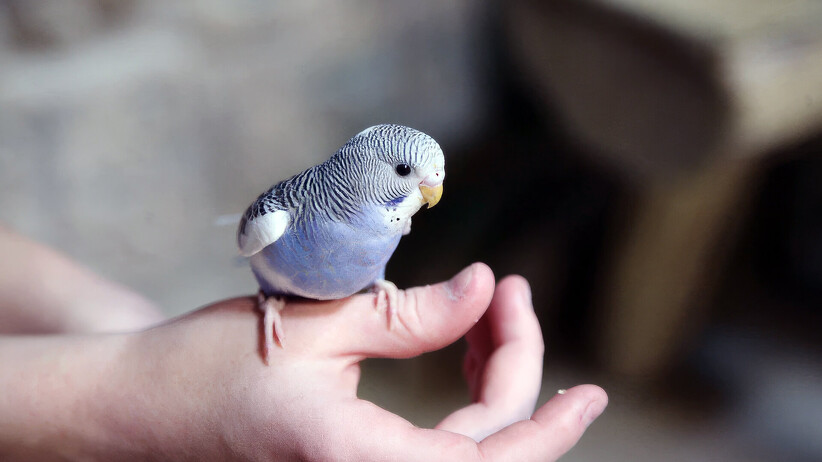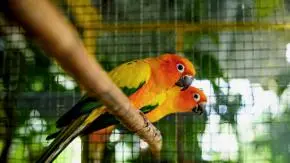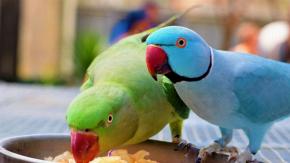Compared to pets like dogs and cats, birds are fragile creatures. They require greater care and can easily fall ill if you’re negligent.
Unfortunately, it is much harder to determine whether your bird is sick than most other pets. That is why knowing what signs and symptoms to look for can be very handy.
These signs can help you know whether your bird requires a visit to the vet for an early diagnosis of whatever disease is affecting it. Our guide mentions some of the most common symptoms to look for, including changes in food consumption habits, reduced appetite, nasal discharge, respiratory problems, runny cere, etc.
Physical Signs Of Illness

One of the easiest ways of determining whether your first pet bird is healthy or sick is by looking at the bird regularly and monitoring the bird’s droppings. Generally, if there is a change in the droppings, such as the faecal portion becoming black or unformed, or an increase in the urine portion, it can indicate a problem.
Other signs may include subtle changes in physical appearance, including on the bird’s face, alteration in the bird’s daily eating habits, drooping wings if it starts to lose weight, and increased inactivity. Poor appearance in most birds may include ruffled feathers, weight loss, wet feathers, etc.
Environmental Causes Of Illness
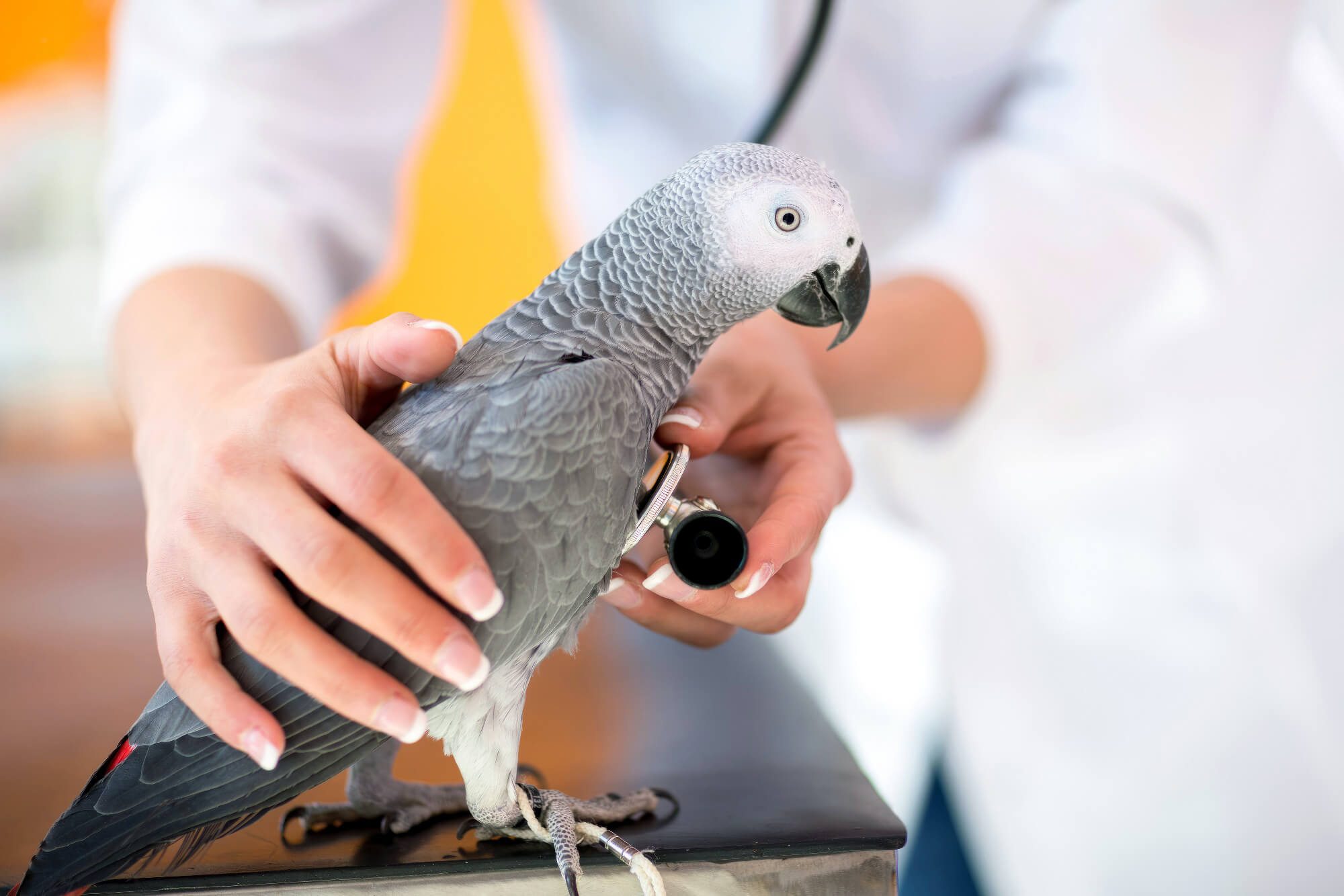
There can be several reasons big or small birds fall sick, such as poor nutrition, lack of proper care and maintenance, an unclean living environment, etc. Understanding the cause of the illness can make it easier to deal with the underlying issue.
Poor diet is one of the most common causes of illness in pet birds. Other common causes include trauma, stress, and poor hygiene. In some cases, your pet bird may accidentally get exposed to environmental toxins, which can affect its health adversely.
Many of these causes can be eliminated by maintaining a good, clean environment. This will require cleaning the cage or other areas where your bird is kept regularly. Plus, consider using an air filter to prevent the build-up of dander and dust.
Treatment And Prevention
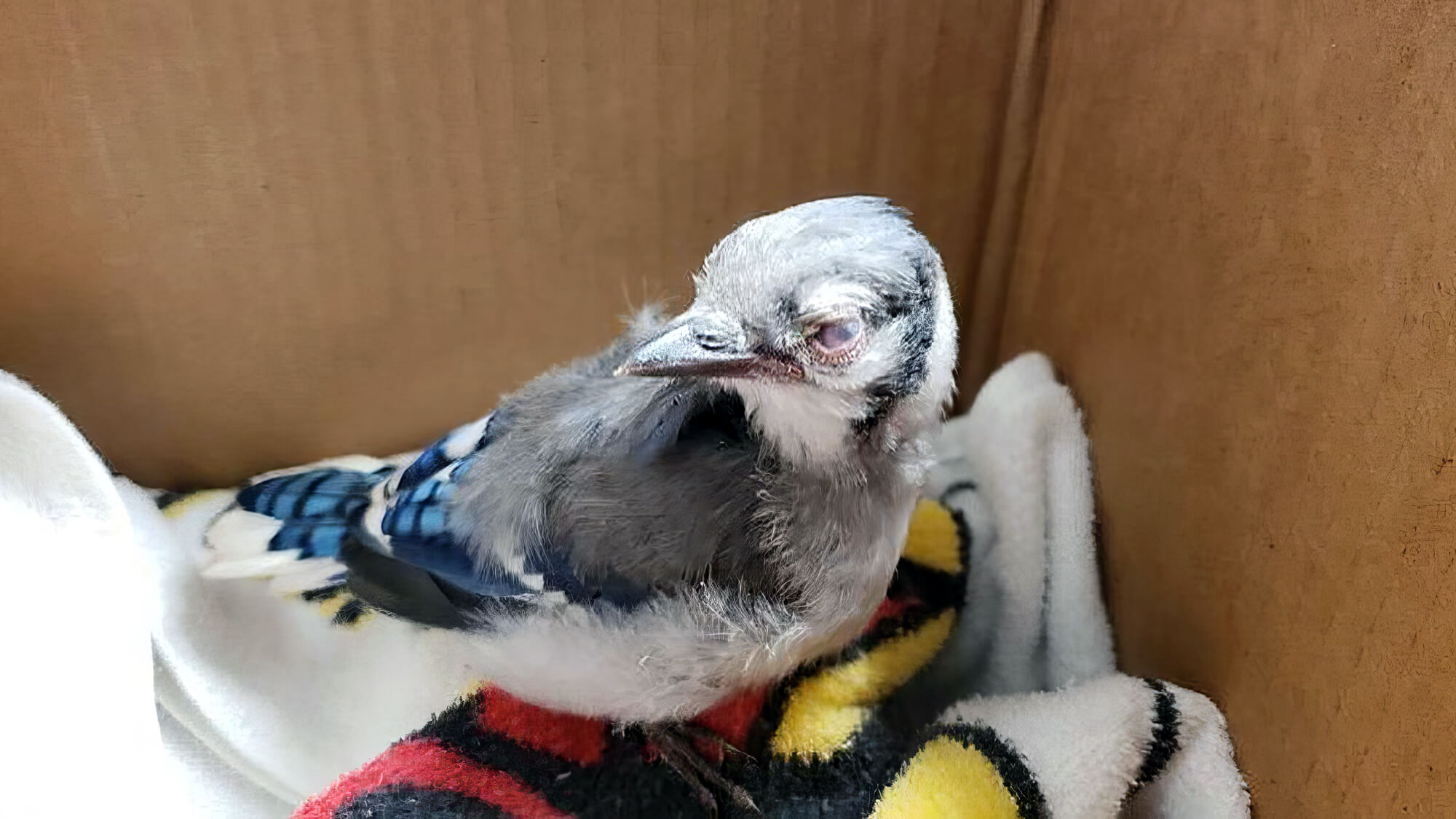
If you’ve recognised any signs of a sick bird or have noticed a change in your bird’s behaviour, the first thing to do is to take it to a veterinarian. A veterinarian can undertake a proper examination and determine whether the bird is sick or not. If it is, they can prescribe medications for appropriate treatment.
Apart from ensuring that your bird gets its medications on time, keep it warm. Also, avoid changing its sleep cycle and ensure it gets proper nutrition. Similarly, check that it is drinking plenty of water and continuously monitor droppings to determine whether there is any change in the bird’s condition.
Bird owners having more than one bird should separate the sick bird from the other birds to prevent the spread of infection. They should also regularly visit the vet, where the vet can easily monitor changes in the condition.
Keeping Your Bird Healthy
Knowing how to tell if your bird is sick can be pretty easy if you know the signs and symptoms of the disease. The characters mentioned here are some of the most common and can be recognised without much effort.
If you’ve noticed any signs, taking your bird to the vet is best. They can quickly diagnose the problem and recommend the appropriate medication. Also, ensure the bird’s living area is clean and adequately nourished.
FAQs
1. How can bird droppings help you detect a change in its condition?
Generally, the droppings of a healthy bird are made of three parts. The faeces make up the dark green and brown parts, while the white part comprises urates. Finally, the liquid surrounding these two parts is urine, so if the faecal portion loses consistency or changes colour, it can indicate a health issue.
Additionally, the amount of urine in the droppings of sick birds can increase, or you may notice blood or bubbles.
2. How can keeping your bird warm help its treatment and recovery?
Sick birds recover more quickly when kept at a warmer temperature, varying from 22 to 25 degrees Celsius. The reason is that a higher body temperature increases appetite, promotes better digestion, and can help the body fight infections more effectively.
3. Is tail bobbing a sign of an infection in pet birds?
Tail bobbing indicates that your pet bird has difficulty breathing, and its tail muscles work harder, causing the tail to move up and down. This symptom often goes unnoticed until the problem becomes much more severe.
4. What to do if your bird stops eating food?
If you’ve noticed that your bird needs to eat properly, try offering treats. Sometimes, completely healthy birds may stop eating if they are brought into a new environment because of stress. However, the problem, such as a parasitic infection, can sometimes be more serious. Taking the bird to the vet immediately is strongly recommended if the problem continues.
5. Can a bird’s cere help indicate health issues?
The soft, fleshy part on some birds above the beak where the nostrils are located is called the cere. This organ can indicate whether there is any problem like inflammation, swelling, or irritation. These signs will be present on the care if your bird has issues, like trouble with breathing.
However, not all birds have a cere, so the vet may need to rely on other ways to detect disease.

